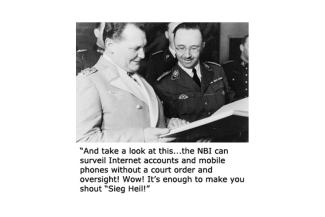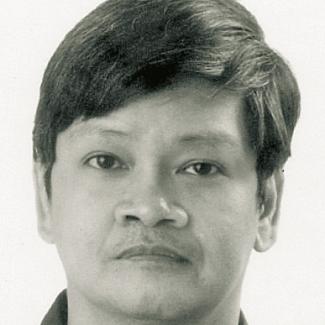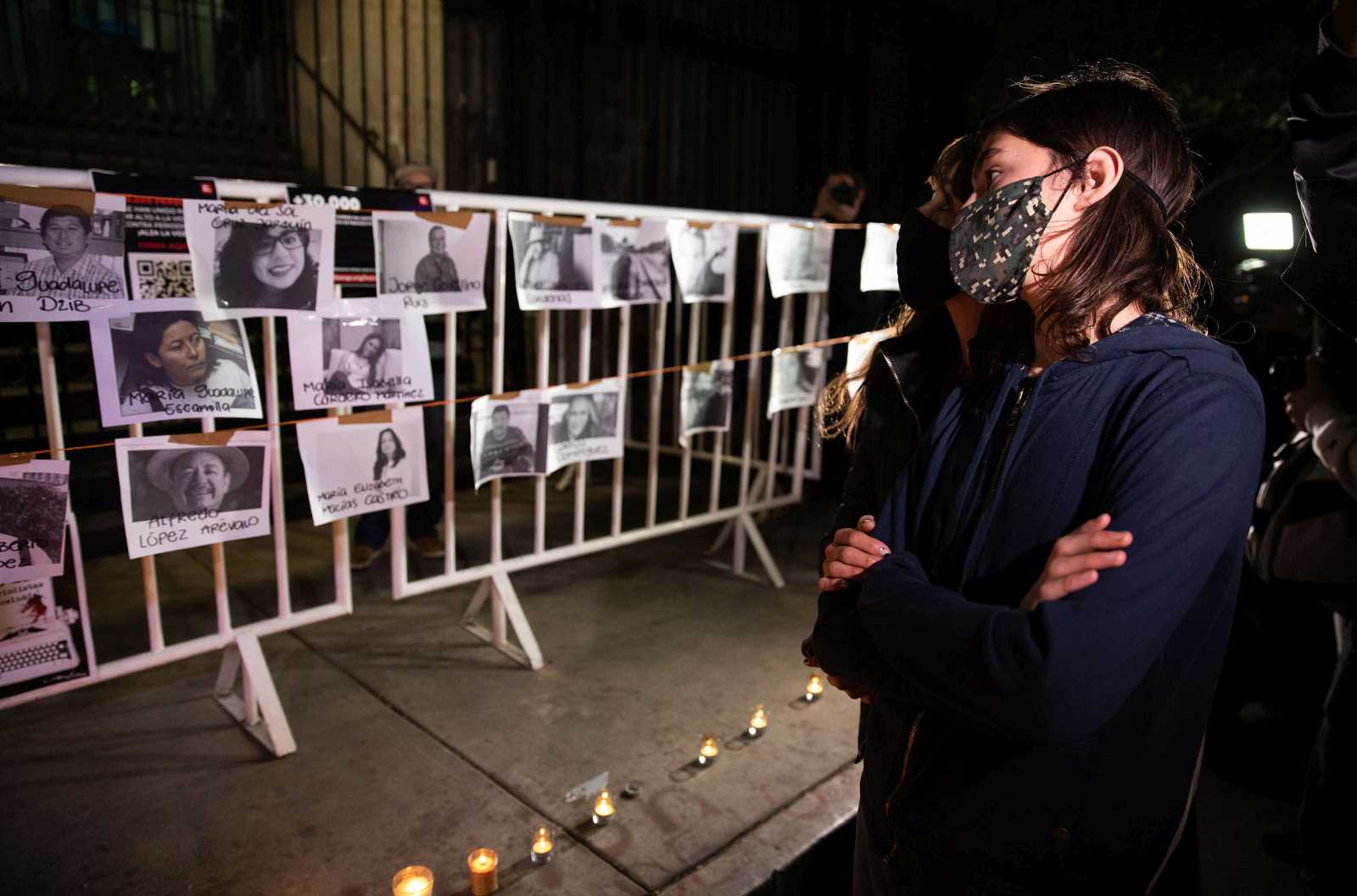Internet
Putting a check on leaders

Late last year, whistleblowers revealed that Filipino congressmen had quietly stolen hundreds of millions of dollars in discretionary “pork barrel” funds. Their scheme was to transfer public money to non-governmental organisations which were frauds. There was an explosion of national fury. Incensed citizens held a day-long protest rally. The government was so alarmed that it announced it would scrap the allotments.
The protest was organised via Facebook. At first, someone commented on the social network that there should be a “Million People March” to show taxpayer anger. An advertising executive read the post and suggested a date and place (August 26 at Manila's historic Luneta Park). Her proposal went viral. A few weeks later, tens of thousands of people gathered in that park on that day.
The Philippines is not an information society since many people still lack access to the Internet (see box). But more and more Filipinos are going online, mostly through wireless networks. They use the web to read the news, voice opinions, bicker among themselves and mobilise.
When unprecedented floods hit Metro Manila in 2009, citizens organised relief efforts via Twitter. They also compiled interactive databases of missing persons and gathered information (“crowdsourced”) on Google maps to identify badly hit areas. Such activities were improvised at first and gradually improved. They proved useful once more when the super typhoon hit the central Philippines last year.
Today, many Filipino contribute to what is called ”citizen journalism“ on blogs and social media. Sometimes the blogs leave the established media wrongfooted. Two years ago, the Supreme Court's chief justice was impeached, convicted and kicked out of office. A personal political blog, raissarobles.com, run by a professional journalist contributed to his downfall.
Endangered freedom
The Philippine press is Southeast Asia's freest and most lively. Its online counterpart, however, empowers lowly citizens to do what the established media shy away from: ridiculing the nation’s leaders. Mocking words, cartoons and videos are shared thousands of times on the Internet.
Though politicians tend to be among the most clueless people in the country in regard to the Internet, they have woken up because of cyber needling, and they are not amused. Last year they tried to throttle freedom of expression on the web through the Cybercrime Act. The matter is now pending in the Supreme Court.
Ostensibly, the law was supposed to follow an international agreement, the Budapest Convention, that primarily addressed online child pornography. Without public consultation, however, congressmen modified the draft law in a way to allow warrantless surveillance of Internet traffic, the blocking of websites and the filing of criminal cases against “online libel”. One senator even explained that anyone who promoted a “libellous” post on Facebook simply by “liking” it could be charged with conspiracy. Politicians also wanted crimes committed with ICT devices to incur especially harsh penalties.
Blogger Raissa Robles, again, dug up these details and made them public, and widespread outrage was the consequence. Nonetheless, President Noynoy Aquino signed the bill into law, professing to see nothing wrong. Because of several petitions by citizens, the Supreme Court stayed the law's implementation however.
A ruling is expected any time. However, controversial cases often keep pending in the Philippines. The Supreme Court has still not ruled on the Reproductive Health Law that has run into the opposition of the Catholic Church even though its judgment was expected to be passed in summer (see Robles in D+C/E+Z 2013 p. 202 ff.).
A presidency cut short
Politicians have good reason to worry about ICT. In the most famous instance of digital activism, Filipino citizens used SMS and the Internet to chase a president out of office in 2001. Into the second year of his six-year term in 2000, Joseph Estrada was swamped by reports of corruption, unexplained wealth and involvement in illegal gambling syndicates. The information circulated freely on text messages and websites. Blogs hadn't appeared yet.
Nicknamed “Erap”, Estrada was a former movie star with a reputation for gambling, drinking and womanising. Part of his election campaign had been to encourage people to make fun of his intelligence. “Erap jokes”, he felt, portrayed him as an unlettered man of the masses. In office, however, he became the butt of a cottage industry of jokes and cartoons that people forwarded by email and SMS.
When he was impeached by Congress, senators who supported him tried to block evidence, but text messages summoned hundreds of thousands of people to Manila’s streets to protest. After less than a week of people-power demonstrations, the disgraced president had to step down. In view of this history, it is depressing to think that Filipinos' freedom of speech in cyberspace may suddenly become limited should the Supreme Court approve the Cybercrime Act.
The quest for better governance
The government is using the Internet in sensible ways too however. In January, the Aquino administration launched a portal called OpenData, which will post up-to-date national information for everyone to access. It's a step in the right direction, but it is not enough to provide the kind of transparency needed to truly hold politicians accountable. Many members of Congress, for instance, still decline to make their statements of assets and liabilities available to the public.
In the end, the question is whether free expression and online access translate into an informed and activist citizenry. Unfortunately, many Filipinos do not show systematic interest in public affairs. It is worrisome, moreover, that lots of people seem ready to believe anything they read online.
Accordingly, the general public’s memory is not a reliable force for good governance. Facebook pages that idolise Ferdinand Marcos, the dictator who was toppled in 1987 after exploiting the country for decades, have thousands of fans. And Erap’s political career did not end after his short presidency. His successor pardoned him, and he is now the mayor of Manila.
The Philippines have a long history of corruption scandals. Pork barrel allotments are likely to reappear in other forms in the future. The Internet provides powerful channels for sharing information, but in the end it's up to Filipinos to inform themselves, stay alert and follow through on whatever action they organise online.
Alan Robles is a journalist based in Manila. He is a correspondent for the South China Morning Post, publisher of the political satirical website Hot Manila (http://www.hotmanila.ph) and technical adviser and editor of his wife's blog raissarobles.com. He writes a humour column for abs-cbn news online. His twitterfeed is @hotmanila














